The industry has made a start but there’s still a great deal left to do
The world is a diverse place. This is an obvious point, but one worth remembering when comparing the crowds on the street of a western European capital city with the mugshots of C-suite managers meeting high above them in the boardrooms of its financial services companies.
While the two groups have undoubtedly become closer in recent years, there is still much effort involved in creating a workforce that genuinely represents the society it serves.
Indeed, it is vitally important that businesses do this. Not just for moral reasons – although there is an impact on corporate image, pride and staff morale when firms discriminate – but for business reasons as well.
Many companies only succeed in tying themselves in knots as they try to make themselves more relevant to their customers.
A brief look around the room, however, will show that they just do not look like their customers, and fixing that situation has to be part of their solution. Put simply: diverse firms are more successful.
At the end of last year, the London Matters report, a joint study by the London Market Group and the Boston Consulting Group, revealed that 45% of the London market’s employees are female, which is about the same proportion as the UK average.
However, only 3% of executive directors are female, compared with 21% of FTSE 100 organisations. And only 10% of London market employees are non-UK nationals – slightly above the 9.5% of non-UK nationals represented in the overall UK workforce. “So that’s not as diverse as it needs to be,” says Inga Beale, Lloyd’s first female chief executive (pictured).
“In Lloyd’s defence, we were starting from a position where minorities were extremely under-represented. Women weren’t even allowed into the Lloyd’s underwriting room until 1973.
“The fact that I am chief executive and that women now make up around one-third of the Lloyd’s marketplace is a huge step forward – we should be proud of that and build on it.”
No firm, however forward-looking, can succeed in isolation. In the spirit of raising the issue of diversity across the sector, not-for-profit body the Insurance Supper Club (ISC) provides a networking function for female leaders working in the insurance industry.
“The company formed to provide a strong business network, to do business, to be visible to aspiring leaders as role models, to lean in and show that, while women tend to address leadership from a different perspective, women are at least as effective and likely to be more so going forward,” says Barbara Schönhofer, executive vice-president (UK) and chief executive of International Executive Search at the Jacobson Group, and founder of ISC. Over the past eight years, ISC has expanded from 12 to more than 400 members covering Europe and the US.
“The firm’s charter is to hold industry events every year here in Europe and in the US and to host private dinners,” says Schönhofer.
Although the sector is yet to achieve diverse workforces that reflect the communities it serves, the dialogue and effort are certainly there. Through such initiatives, gender diversity continues to improve.
Downloads
Sr 23 26 special report
PDF, Size 0.48 mb






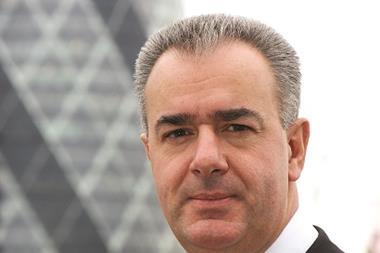
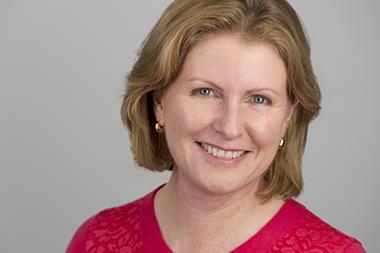
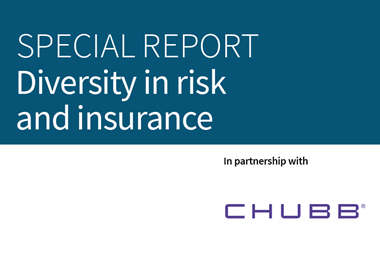





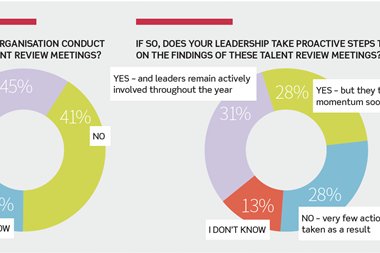

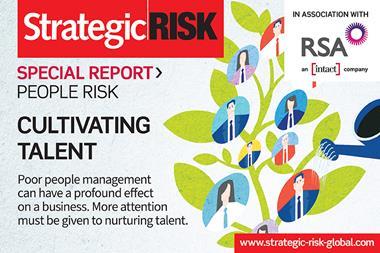



No comments yet